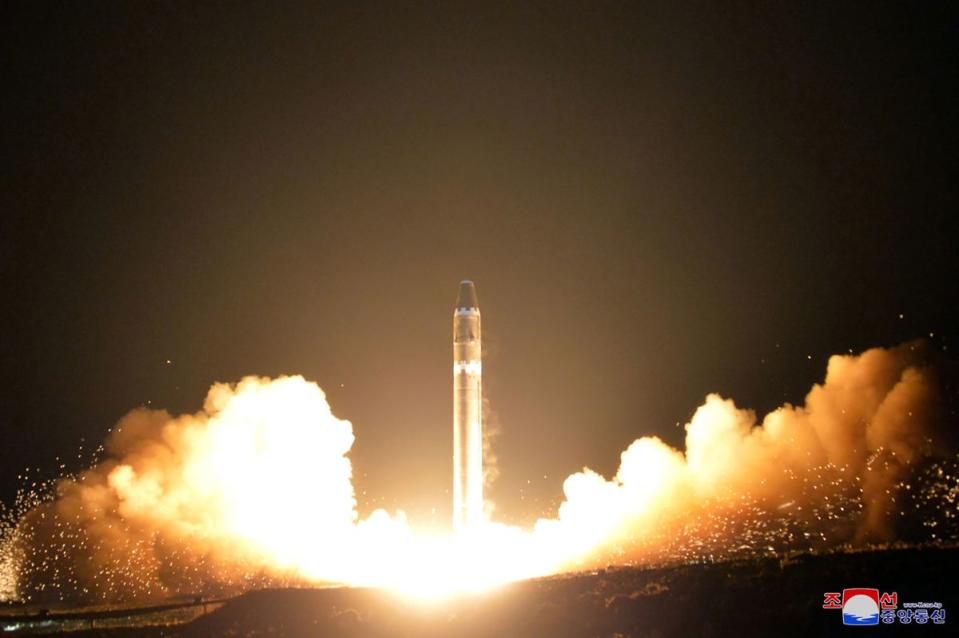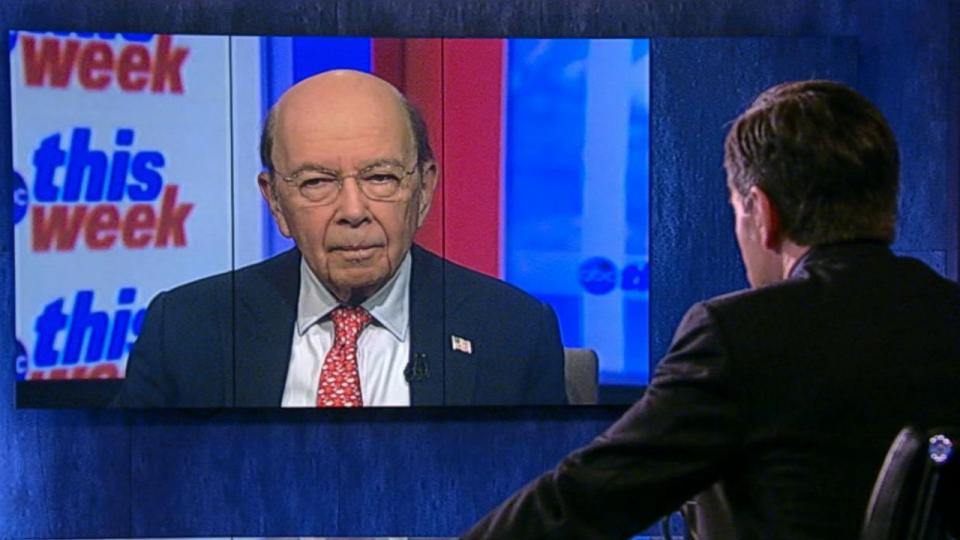The US is already in a trade war
David Nelson, CFA, is the Chief Strategist of Belpointe Asset Management
Two torpedoes slammed into the side of the U.S.S. Market last week. The first was launched by Federal Reserve Chair Jerome Powell during his inaugural testimony in front of the House Financial Services committee. Traders were quick to translate his remarks into a more aggressive Fed likely to push through four rate hikes in 2018 instead of the expected three.
The second torpedo was President Donald Trump’s hastily prepared announcement pointing to across the board tariffs on steel and aluminum generating a knee jerk reaction selloff around the world. The broadcast and print media were quick to throw gasoline on the fire. Predictions of Armageddon and a return to the Smoot-Hawley Act of the 1930s were the headline banners on your favorite news channel.
Make no mistake, this is a serious event but like most things in life the truth rarely lives on the extremes. First of all, a trade war isn’t new. In case you haven’t noticed we’ve been in one for several decades, a war that many believe we are losing. In addition, comparisons to the Smoot-Hawley Act of the 1930s are a stretch in that it covered well over 20,000 imports.
Never the less tariffs are a very dangerous option. Kind of like nuclear weapons. The other side has to believe you would use them if provoked but in the end it’s the last option and one you hope to avoid.

Whatever your position on the very complex issue of global trade and the use of tariffs, the communication of this executive order should have been handled with better coordination. Prior to any announcement administration officials should have been brought out in advance to explain policy and why it was being put in place. Instead we found the U.S. Secretary of Commerce Wilbur Ross and White House advisor Peter Navarro running from Fox Business to CNBC and back again hoping to contain the damage.
Given my political background it’s not often I find myself on the same side as the Huffington Post but Senior Political Economy reporter Zach Carter nailed it when he says Trump’s Tariff can’t start a trade war because it started years ago.
The U.S. has big trade deficits with many of our largest trading partners. The trade deficit with China hit $375 billion last year up 8% from the year before. Even some notable Democrats like investing legend Warren Buffett in a recent CNBC interview said large deficits are a transfer of wealth. If that’s true then we’re doing it to the tune of about $566 billion per year.

Talking heads from the administration, business leaders and trade policy experts all weighed in on the Sunday talk shows. Mr. Navarro and Mr. Ross were quick to point out that it might mean an increase of just a penny on a can of soda or $175 on a car, relatively small amounts as the percentage of the overall price.
However, business leaders countered pointing out that the president in his quest to fulfill a campaign promise, is hurting far more employees than he is helping. The steel industry employs about 140,000 while there are over 6.5 million working in industries that use a lot of steel.
The president promised he was going to address our trade deficit and renegotiate bad trade deals. To his credit he is living up to that promise and if he pulls this off without serious retaliation it will be a major victory for the administration. As of this writing there is a late breaking report from Xinhua Net that China plans to cut 30 million tons of steel and 15 million tons of coal overcapacity in 2018.
We could write an encyclopedia on globalization, trade and deficits. However, in a vacuum these two tariffs on their own aren’t the problem.
What if our trading partners don’t blink?
Trump’s tweet that “trade wars are good, and easy to win” may be put to the test very quickly. Mr. Navarro points out that the U.S. is the biggest most lucrative market in the world. True and likely will weigh on any decision to retaliate but what if he’s wrong and the other side doesn’t blink.
In the days and weeks ahead the risks are high that we’ll see a retaliatory move from China or Europe even if symbolic.

It’s no secret the president likes to use the Stock Market as a gauge of success often highlighting it throughout his first year. In a post announcement note, Goldman’s David Kostin pointed out some hard truths. Companies with high foreign sales are at risk from retaliation. In some industries margin compression could also be factor.
None of the above sounds good for stocks in a world where investors are struggling to shake off a nasty correction. The wealth effect from rising stock prices is very real and goes a long way in driving sentiment. You can bet the DOW’s over 6300 point move since Election Day is a big part of that dynamic.
For the moment the administration is taking a hard line but you can bet the president is watching every tick. If the swoon resumes, expect some walk back and a few White House departures if this doesn’t work out as promised.

